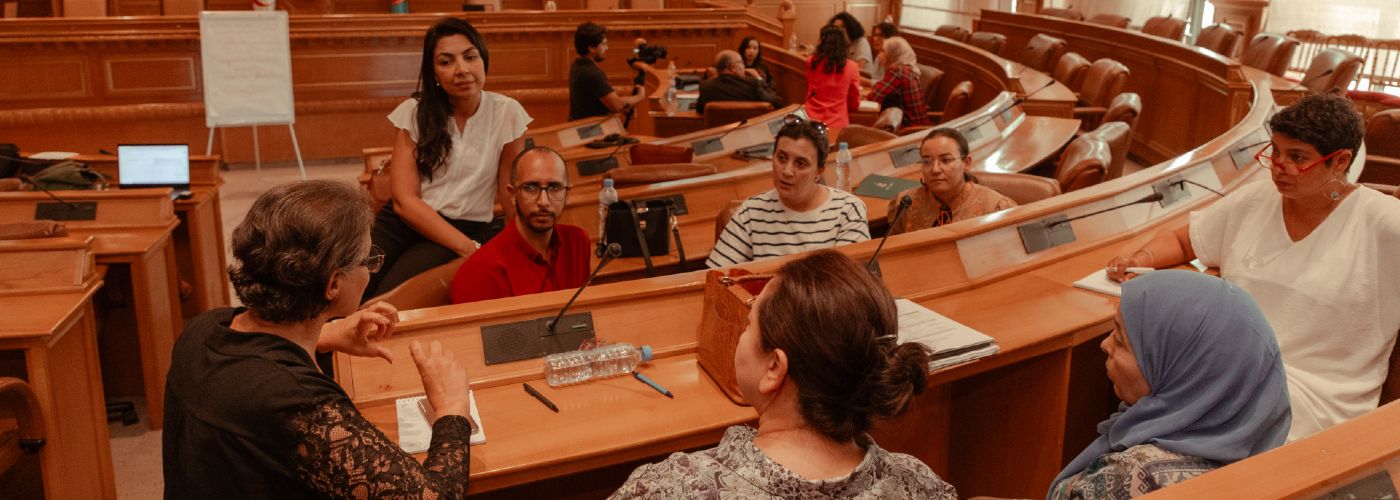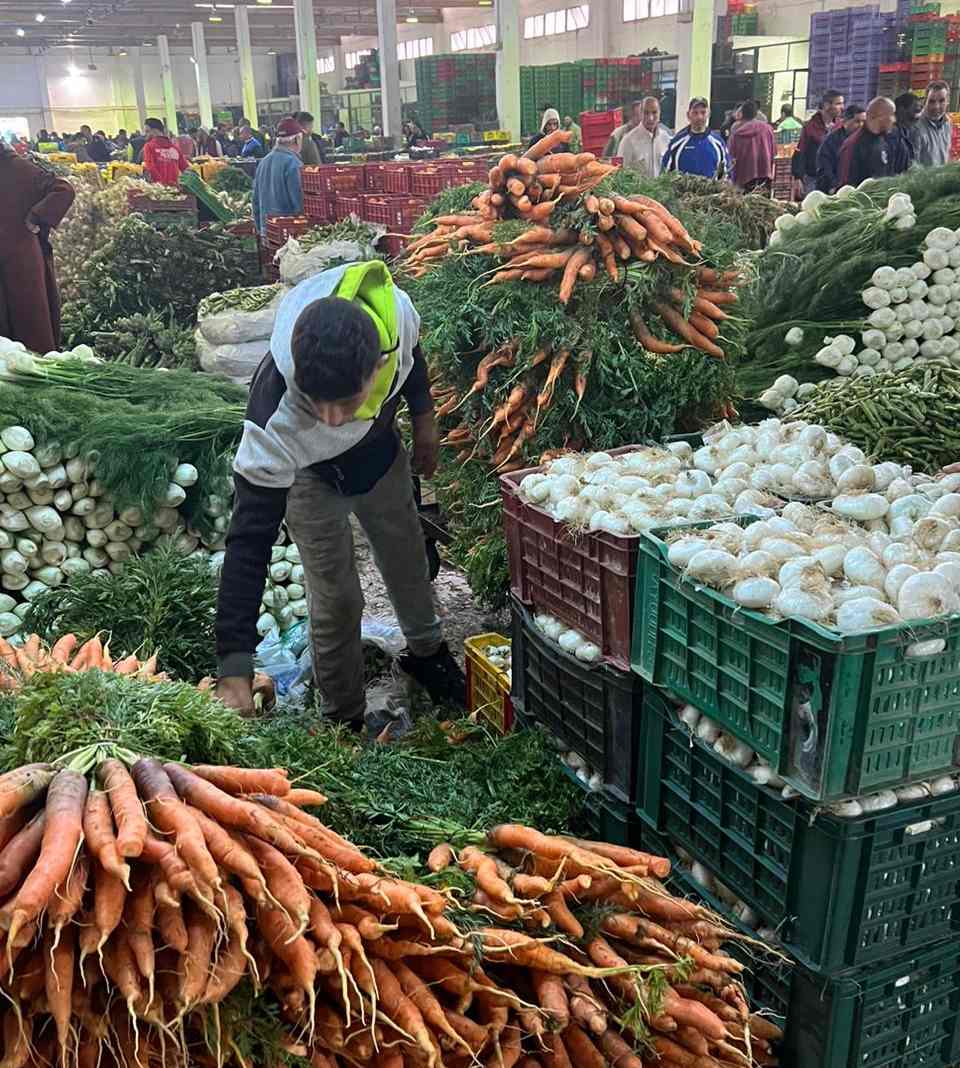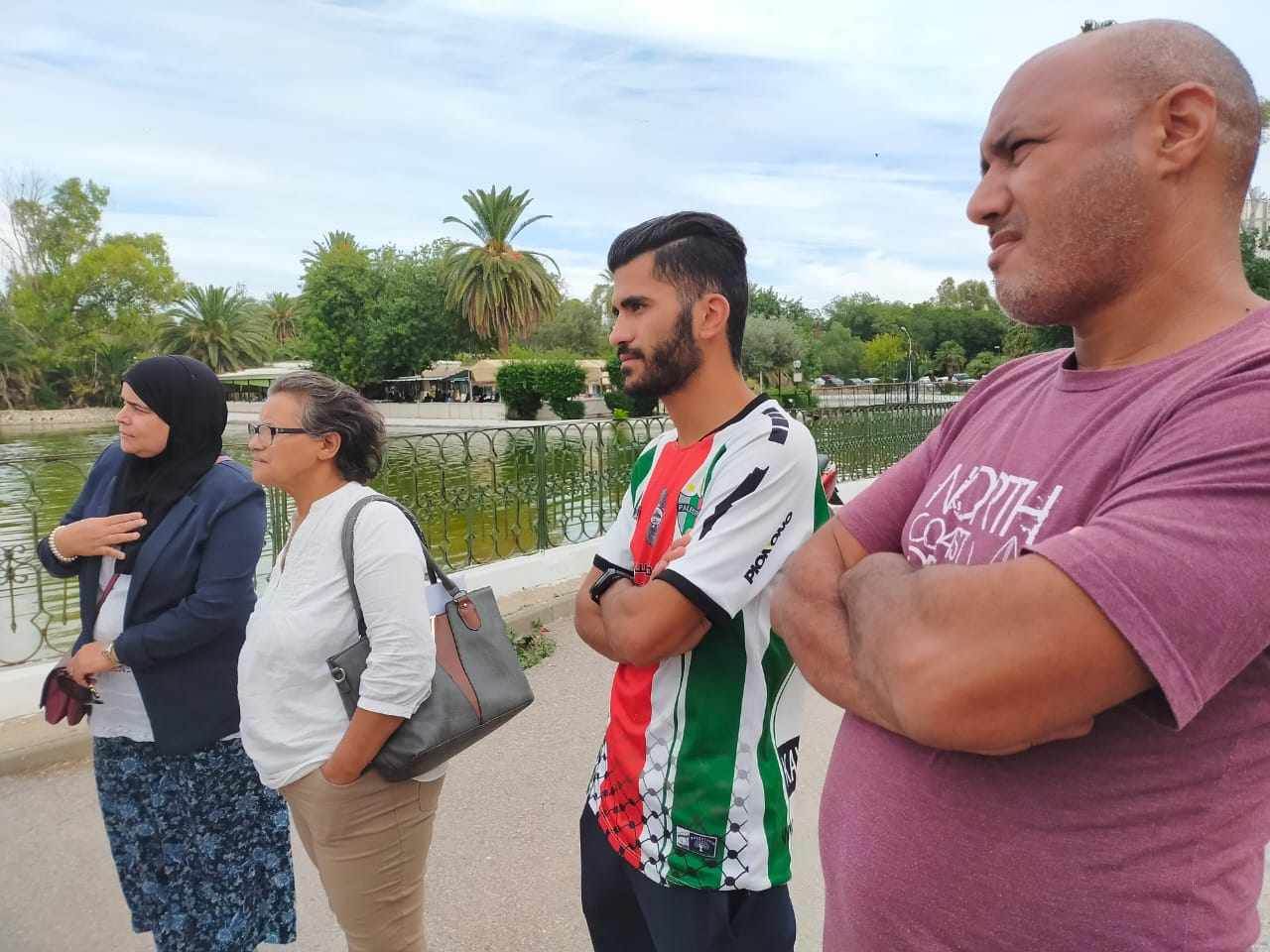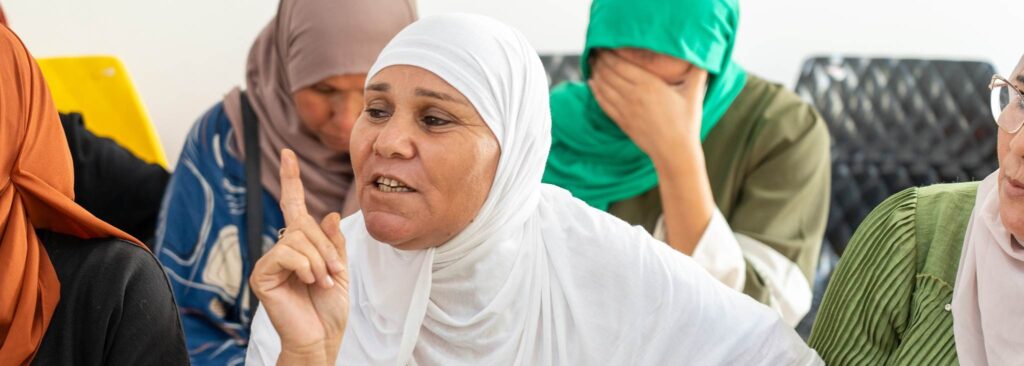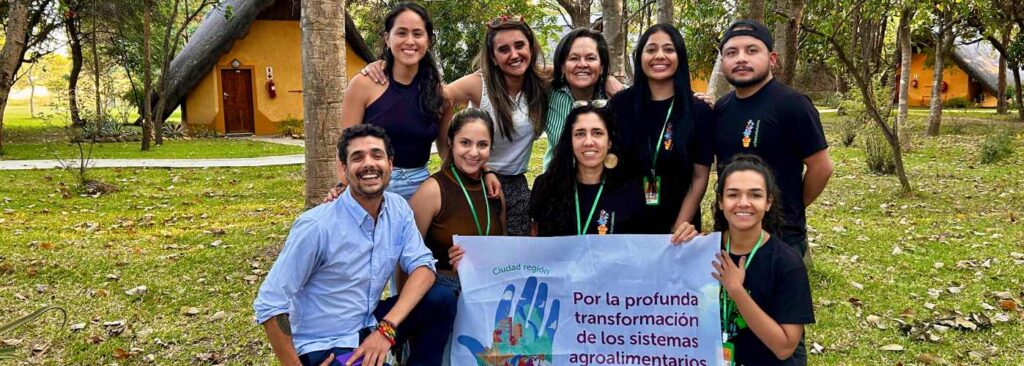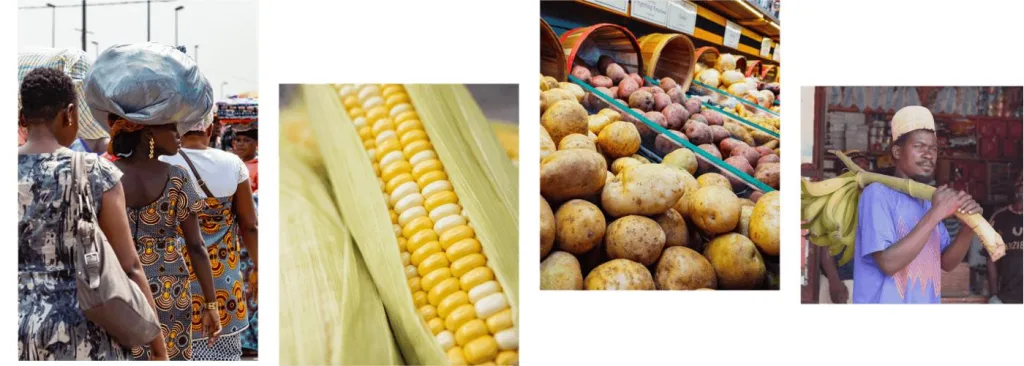In the vibrant city of Tunis, a transformative initiative is unfolding at Belvédère Park: a new community vegetable garden designed to nourish not only the local residents, but the soil as well.
It’s part of the AfriFOODlinks program, coordinated by Hivos in collaboration with local partners and implemented by the Observatory of Food Sovereignty and the Environment (OSAE). The garden is breathing new life into one of Tunis’ most densely populated neighbourhoods, Jbal Lahmer (Red Mountain), while training the community in sustainable agriculture.
Urban agriculture at Belvédère Park
Belvédère Park is the city’s largest, and a key green zone, but has long been underutilized. Recognizing this, the OSAE had an idea for a project that would transform neglected urban spaces into productive and sustainable gardens. The project particularly focuses on the disadvantaged residents of Jbal Lahmer, for whom opportunities are often scarce.
“Agriculture refines behavior, especially when there’s a community aspect to it,” says Aziz Chebbi, project leader at OSAE. “It’s about social cohesion and food sovereignty — making sure the citizens are engaged, from planting the first seed to harvesting the vegetables they’ll take home.”
Engaging the community
The garden is not just a space to grow food; it is a hub for citizen engagement. In a unique approach, local residents were involved from the very start — choosing the garden’s location, designing its layout, and contributing their ideas. This collaborative spirit ensures that the community feels a sense of ownership over the garden.
With the support of local associations, universities and administrations, notably the municipality of Tunis and the National Institute of Nutrition and Food Technology, this project has enabled local government to work hand-in-hand with citizens and make decisions together.
A pathway toward food sovereignty
The community vegetable garden is currently run by 30 Jbal Lahmer residents, primarily unemployed and women. For them, the garden represents more than just a source of fresh, nutritious vegetables — it’s a step toward food sovereignty. As they tend the crops, they reap both financial and nutritional benefits, participating in a project that unites them around a common goal.
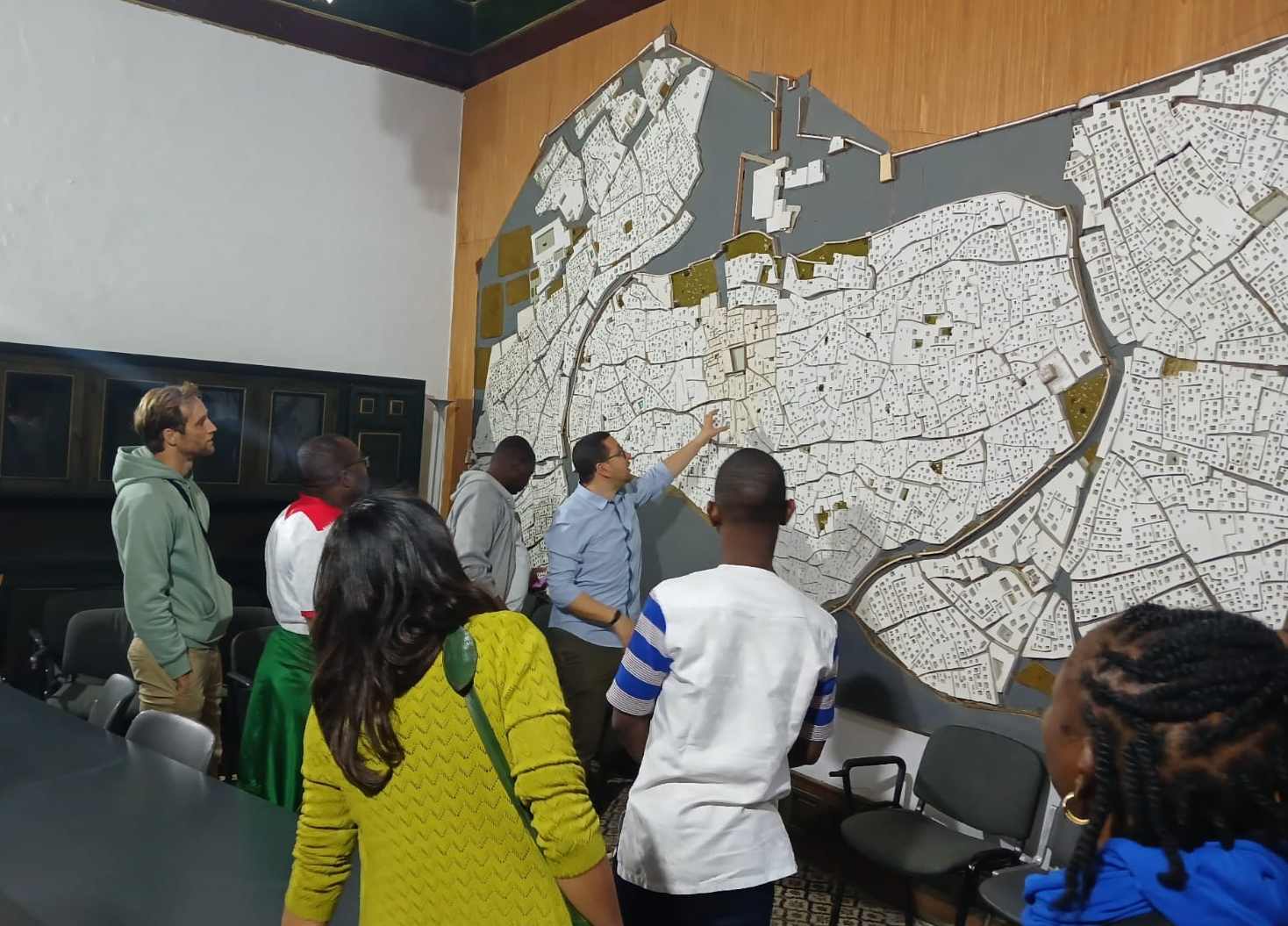
Long-term impact
Unlike projects that are abandoned once funding ends, this initiative puts the citizens in charge of the garden’s sustainability from the outset. With support from the National Gene Bank, community members will receive technical training in agroecology (environmentally sustainable agriculture) so they have the knowledge and skills to maintain the garden long after the project ends.
In addition, the project includes educational and psychological support from local NGOs like Réseau Enfants de la Terre, fostering a sense of social responsibility among participants. The ultimate goals is thus not only to increase food security, but also create stronger bonds between the community and the local government.
A model for the future?
Set to yield its first harvest in early 2025, this garden is a model of what can be achieved through collective action. As part of the larger AfriFOODlinks initiative, the project’s success could inspire similar efforts in other regions, creating more opportunities for sustainable urban agriculture across Tunisia.
Thanks to our initial financial and strategic support, and the collaboration between local government and organizations, and citizens, this community garden represents a simple way of fostering food sovereignty, social cohesion, and environmental sustainability in Tunis.

